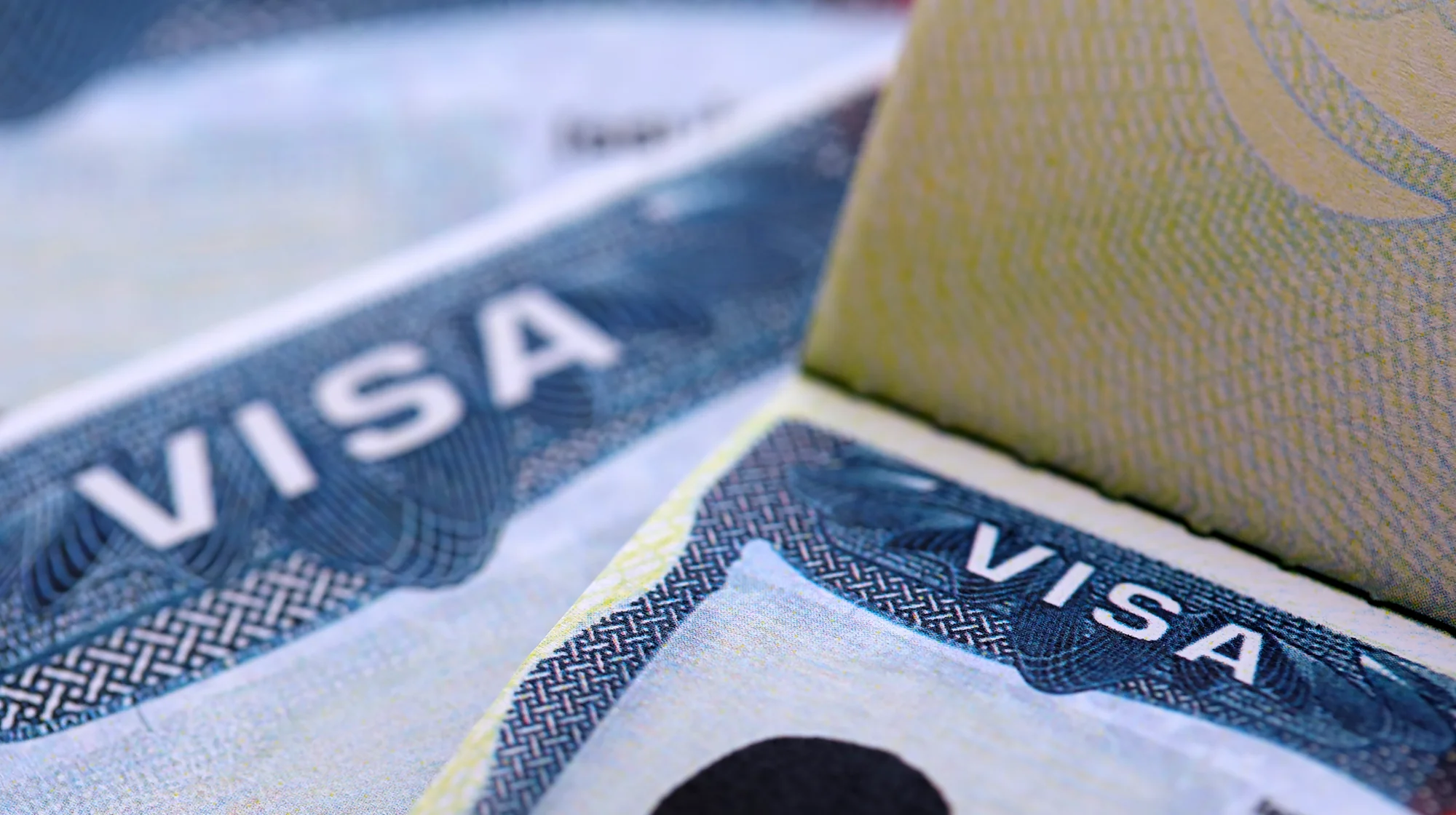
As an immigration attorney at SG Legal Group, I am seeing growing concern among clients about visa revocations. The Department of State (DOS) has confirmed that more than 40,000 visas have been revoked since January 20, 2025—including over 6,000 student visas (F, M, J). This is more than double the number of revocations during the same period in 2024.
Visa revocation is not new, but the pace and scope in 2025 reflect a significant shift in policy. Applicants must understand why visas are being cancelled, how revocations occur, and what options remain.
Visas may be revoked under INA §§ 212 or 214(b), for erroneous issuance, or based on derogatory information that arises after issuance. DOS also uses “prudential” revocations, where it determines that cancelling a visa is in the interest of the United States.
In 2025, common reasons include:
If a consular officer revokes a visa while the individual is abroad, the visa is stamped “REVOKED” and systems are updated. If DOS initiates the revocation centrally, notices are sent to DHS, airlines, and posts. Often, applicants receive no advance warning—only an email notice, if any, to the address on their DS-160.
Challenging a revocation is difficult. Options include:
In most cases, the practical solution is preparing for a new visa application and addressing the derogatory information directly.
I advise clients to:
DOS now continuously vets over 55 million visa holders. With heightened scrutiny, international students and temporary workers face more uncertainty. Universities already expect a 30–40% decline in new student enrollment this fall, reflecting the chilling effect of revocations and administrative delays.
Visa revocation authority under 9 FAM 403.11 is broad and discretionary. In 2025, DOS has dramatically expanded its use, especially against student visa holders. If you or your family are affected, do not assume there is no path forward—but be prepared for limited remedies and a need for careful reapplication.
If you need experienced legal guidance on visa revocations or consular processing, contact me at SG Legal Group. My team and I will help you navigate this process with confidence. Consultations are available in English, Russian, or Romanian. Call 410-344-7100 or visit our contact page to schedule a consultation.
Oleg Gherasimov, Esq.
Stay informed with our latest articles and resources.